Voting: The Ultimate Guide to Enacting Change
By this time of year, many students are thinking about eighteenth birthdays. How do I celebrate? Who do I invite? Am I getting that car, those shoes, that phone? What am I going to do first as an adult? These are great questions to ask– every teen deserves to look forward to such a huge milestone. As an 18 year old, they can open a bank account, apply for a credit card, start investing, rent an apartment, donate blood, and most importantly, vote. Voting is not only a civic responsibility, but many find it fulfilling to be able to influence the world around them.
Granted, one person’s motivation for voting might not be the same as the next’s. Finding that why is essential to navigating a new world and staying committed despite the struggles. Why does America vote?
“It’s your future; if you don’t like something, you have to speak up– how do you do that?– at the polls. You see people making decisions about how money is spent or whether roads, bridges, or daycare are provided. They’re even making medical decisions for you now. You have to tell them ‘those aren’t my wishes’– [voting] is how you tell them that,” said one Manassas City poll worker in November.
“Local government is even more important than national; city councils decide how the schools are run, how many police officers there are, parks, roads. People shouldn’t dismiss local [elections]; they affect everyday life,” she added, “you have to recognize that every issue impacts you, and if you don’t speak up at the polls, you shouldn’t get to speak up elsewhere. Why protest in D.C. but not go to your local polls to elect the people that represent you?”
Voting can seem like a lost cause, but if it isn’t done, that power goes to someone else.
“You need to do your due diligence by keeping the government in check and by understanding and learning about this [voting] process. It’s so important, even more now, in what affects us all– from taxes to schools– things that could take away this freedom,” explained a local Republican poll watcher.
Voting for the first time can be surreal, sometimes overwhelming. It’s easy to be dissuaded by the sheer number of names on the ballot, and so to ensure that voting goes smoothly, citizens should research the local ballot and all of the candidates on it.
“The best thing you can do if you don’t have a lot of time to take classes or get involved in a particular group is learn to be conscious in questioning things. Don’t take everything you hear for a grain of salt. Reach out to old books, new books, the web– different types of media, not just one or two sources,” the poll watcher suggested.
“Always use non-partisan, peer-reviewed sources,” said another, who happens to be a recent Osbourn graduate.
“Always look it up, no matter what you hear on TV or in the news. Headlines never tell you the real truth,” said Paul Greene, spouse to Lynn Greene, who was running for City Council in November.
Elections are about the voters– as a whole, but more importantly, as individuals. Such an important decision should not be made by anyone except the voter, and fortunately, the media offers many ways to get to know the candidates and their platforms.
“A lot more politicians are getting active on social media. If you like what they’re doing day-to-day and not just what they say they’ll do, that’s a good way to see who you really want to vote for,” said a young woman and Osbourn graduate.
“Look at not only the words [of candidates] but also their actions and who they accept money from. Follow the money,” said a campaign employee.
Doing anything for the first time can present a lot of complicated feelings. Whether that’s anxiety, frustration, confusion, someone else is in the same boat, and that’s all that’s needed to persevere.
What are the requirements for a first-time voter?
Each year, 8.3 American residents become eligible voters, yet only 51.4% of that group votes regularly, largely because they assume that voting is much more difficult than it really is.
“[You] have to be registered, 18, and a resident of the precinct. You go to register at the DMV or the Office or Elections, and they would assign that precinct for you,” shared the Round Elementary precinct chief.
“[I would] encourage you to go online before showing up– to make sure your registration has been accepted. When you come, show an acceptable form of ID– for most, that’s a driver’s license, but that’s not completely necessary– check the poll book, get your ballot, proceed to the voting booth, vote, feed it into the voting machine– that’s how you cast your ballot– and get your sticker,” she continued.
The process itself couldn’t be easier. Supposedly, voters can “just walk up to the polls and register on their phone the day of”. While it is widely believed that new voters are required to register at least 22 days before Election Day, that isn’t completely true. In reality, they can complete a provisional ballot, which allows them to vote on time and if accepted, will be counted as normal in the week after Election Day. Additionally, for those who aren’t 18 yet, keep a look out for the next election: primaries in early June 2023.
Getting Involved
In order to maintain polls and the integrity of the ballots, roughly a million people are employed at polling sites across the country. Some work for the government, while others volunteer, which alone has a slew of benefits. One of the most common jobs is a poll observer, alternatively known as a poll watcher.
“A poll watcher gets background information on what’s going on with the entire structure of Election Day. We bring in drop-off ballots, early voting ballots, and request ballots. I work with people to solve problems so that they can do their jobs as citizens to vote,” said the Republican observer.
Whatever it may be, there is a place for every 18-year-old in the polls. For more information, visit https://www.elections.virginia.gov/ or https://www.usa.gov/voting.
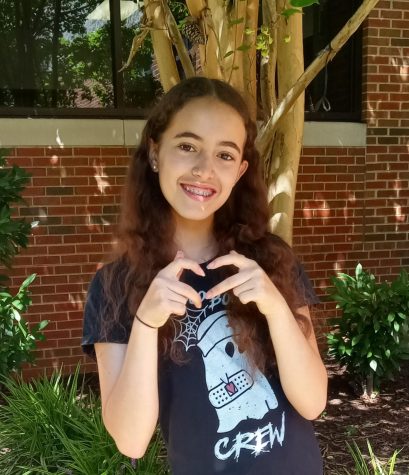
Hi, I'm Victoria. I'm a freshman at Osbourn. I write about student opinions and student life. I'm also a big book lover, so you can count on some articles...

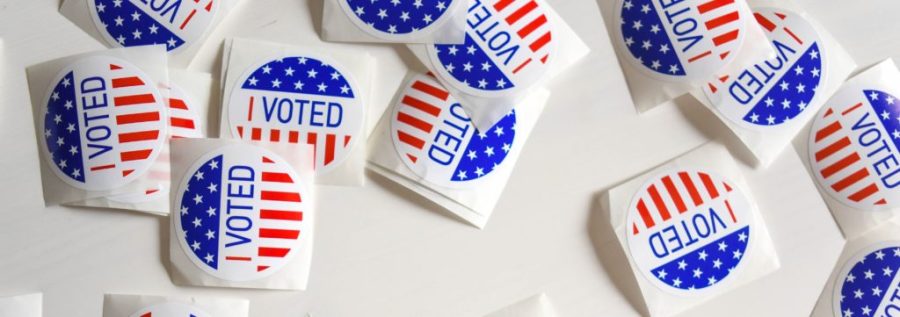

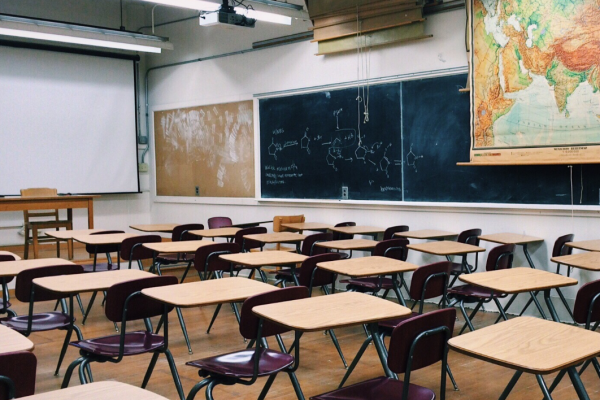
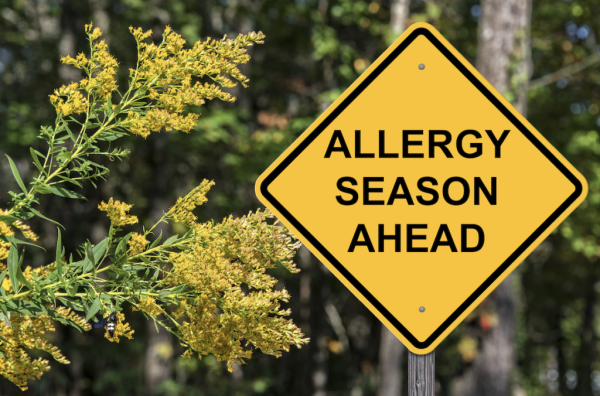
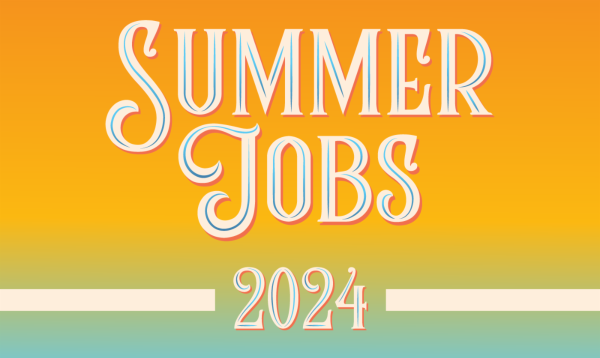
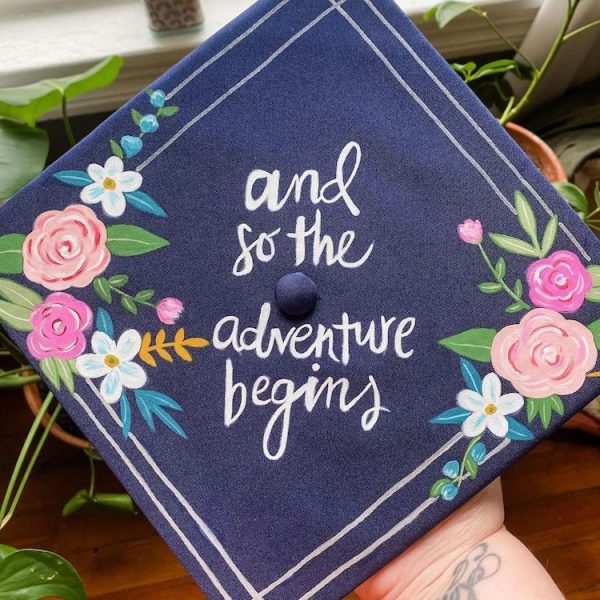
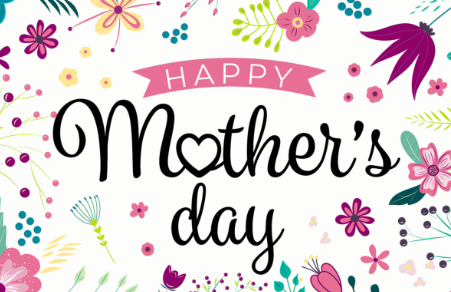
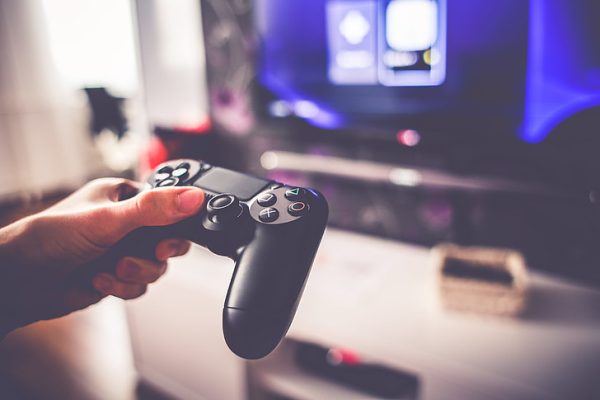
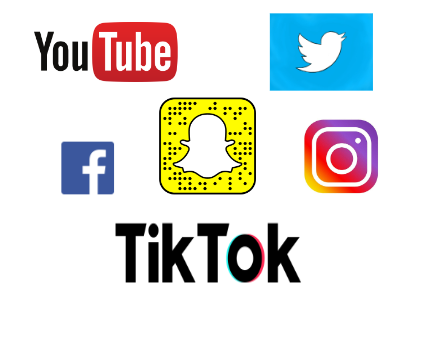

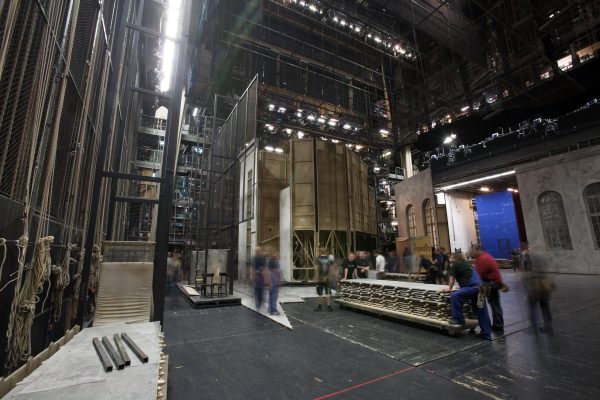
Melina Hernandez • Dec 13, 2022 at 1:34 pm
This is a very well put together article I love the thoughts on voting and how creative it is!!!
Ethan Hudson • Dec 13, 2022 at 1:27 pm
I really enjoyed reading your article it gave good information and your topic was explained and well written about through the text. Your quotes and transitions went really well with each other and I loved the quotes a lot. Overall this article was a really good one and it pushes the thought into people really well.
Rome John Henriques • Dec 13, 2022 at 1:19 pm
So inspiring! It’s crazy how you when so far in your interviews. This really put the story together!
Madina Habib • Dec 13, 2022 at 1:12 pm
I really loved how the article is structured using the Q&A format, and it really makes it easier for future potential voters to seek info. Your sources from campaign employees and osbourn graduates really make the article stronger in terms of reliablity. I think you going out there and getting those quotes really show how dedicated of a journalist you are!
amelia breeden • Dec 13, 2022 at 12:18 pm
This article included very strong quotes, and sources. It gave lots of reasons why it is important to vote, and how to get invloved. This was a relevant topic to write on, because of many seniors starting to turn 18, it is a great way to push individuals in the right direction of using their voice to make change.